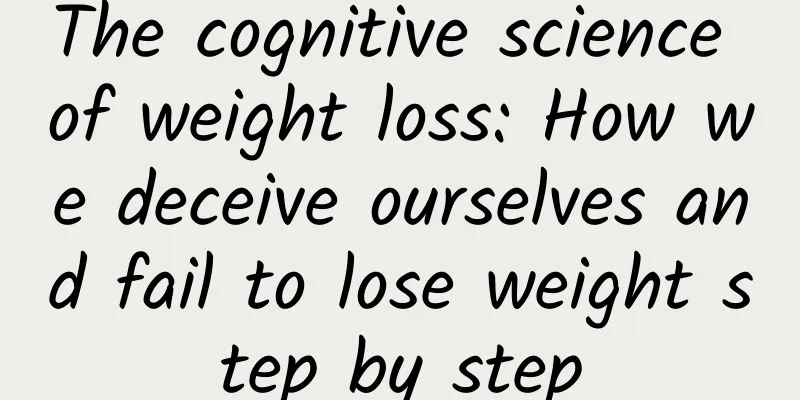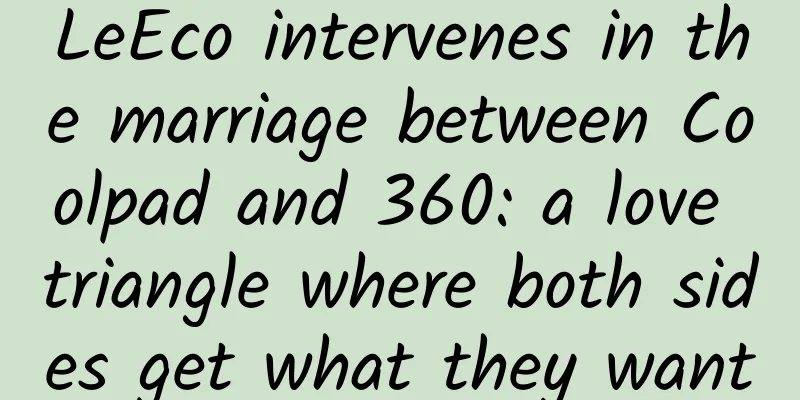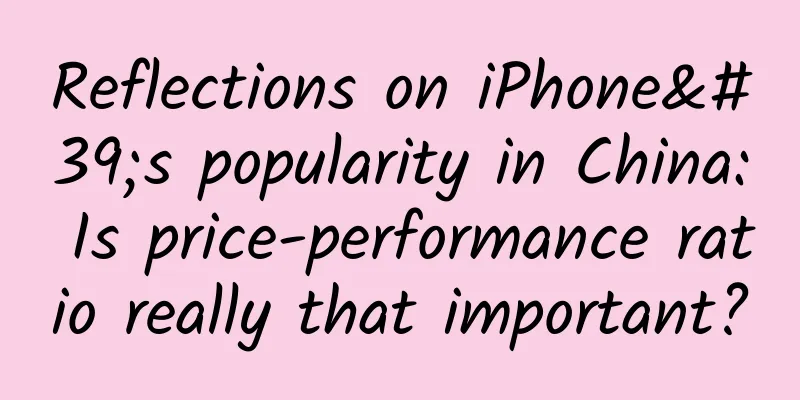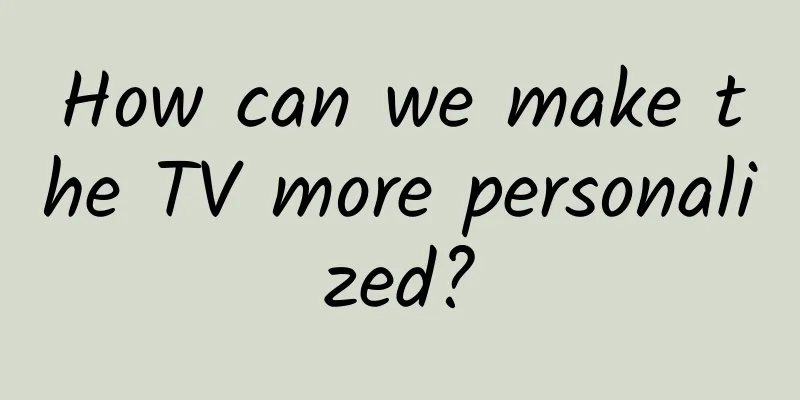The cognitive science of weight loss: How we deceive ourselves and fail to lose weight step by step

|
The cognitive science of weight loss: How we trick ourselves into failing In 2022, the number of overweight people in China reached 300 million, and obesity is linked to various chronic diseases and psychological and mental stress. What can link obesity and excessive psychological and mental stress is cognition, that is, our view of stress and awareness of obesity are very important. Today we will discuss three core views on obesity and the connection between them: Taking athletes as a reference, 70%-80% of their exercise intensity is low-intensity, which is professionally called sub-VT1 threshold or first ventilatory threshold exercise; 10%-20% is medium-to-high intensity, which is technically called sub-VT2 threshold or second ventilatory threshold exercise; 10% is high-intensity, which is technically called above VT2 threshold or above the second ventilatory threshold exercise, also called ultra-high-intensity extreme exercise. For the general public, especially those who have not exercised for a long time, it is very difficult to start exercising to lose weight. The reason for the difficulty is that the current cognition has changed - as long as they exercise, exercise is basically medium to high intensity for them, and medium to high intensity exercise cannot be sustained for too long. If it cannot be sustained for too long, the total amount of individual exercise will be insufficient and the intensity will be too high. Too high intensity will trigger a reaction in the stress system and then cortisol will cause more serious obesity. Insufficient total amount will cause insufficient secretion of some hormones that require a long time of exercise to be secreted, and will also cause insufficient fat metabolism. Low-intensity exercise can always consume more fat, and always promote the secretion of fat metabolic enzymes and the development of mitochondrial function, but the premise of all these is to maintain enough exercise, which is also the importance of aerobic exercise. However, individuals who want to lose weight are always eager to achieve results, and fail to realize the importance of the total amount of exercise, nor do they realize that weight loss is a process of regulating the internal environment, not a result or purpose, it is just a process that covers the goal. Moreover, it takes a long time for fat to be metabolized, which causes anxiety in the individual. This anxiety in turn affects the individual's correct view of weight loss and the desire to seek external help. Therefore, it is not difficult for us to understand that individuals who want to lose weight always hope for the help of various products and drugs. At the cognitive level, this is a conflict of belief between the subconscious and the conscious - that is, I know it will take a long time for me to lose weight successfully, but I hope I can succeed immediately. This conflict leads to behavioral decisions tending to the second belief, and I can always make an advantageous decision if I can lose weight successfully through other methods. This is called self-deception in cognitive science. Self-deception is logically and evolutionarily intended to better deceive others - how did we become inconsistent in what we know and what we do? Evolutionary biologist Triver pointed out in the preface of Dawkins' The Selfish Gene that the emergence of self-deception is due to individuals deceiving other individuals in order to better themselves. Self-deception is seen as a strategy for interpersonal interaction, and it is retained in the process of human evolution when the benefits of deceiving others are greater than the losses of self-deception. Therefore, it is not difficult for us to understand that self-deception and deceiving others can obtain higher probability of courtship, higher moral level and earn more money. When a factual truth value is generated, two beliefs are formed in the brain, one of which is the true belief and the basic calibration belief; on this basis, the individual will form another belief in the form of self-service, which is the cause of the behavior and does not conflict with the behavior, but will violate the calibration belief, in which self-deception switches between the two beliefs. The weaker the self-awareness, the more self-deception. Self-deception can be divided into conscious self-deception and unconscious self-deception. Most of the existing research refers to unconscious self-deception, which is the inconsistency between knowledge and action caused by unconsciousness. The basic logic of self-deception is that individuals are exposed to true information R, but still believe in false information F that conflicts with the actual situation. This is a philosophical dilemma called the static paradox, which is how people hold contradictory beliefs at the same time. There are two possibilities: over time, people gradually forget the truth of the matter, and the false belief gains the upper hand; the second is that the neural basis of the two beliefs is inconsistent, and their brain areas are separated, making people more and more convinced of the false belief in the fuzzy competition. Therefore, when we use this inertial thinking to deal with our own affairs, bad results will occur - the strategy used to deceive others becomes a real deception of ourselves. Because self-deception has evolutionary and self-adjustment advantages, that is, I know I have cancer but I believe I can beat the disease, and strong self-control will really have a positive impact on the disease. Self-deception helps to improve subjective happiness, self-confidence and personal charm, and can increase the probability of successful courtship, individual sense of control, and even complete things that were thought to be impossible to complete, suppress and resist negative emotions, and look at oneself and relatives and friends with a positive attitude; inhibit antisocial thinking and behavior, enable individuals to maintain high moral standards, and promote the generation of altruistic behavior. But from a negative perspective, self-deception makes it impossible for individuals to clearly understand themselves, which is not conducive to the long-term development of individuals and groups. The United States has conducted a study on how those who have successfully lost weight succeeded. The results are not surprising: the people who are most likely to lose weight successfully are those who believe that they can lose weight successfully. Therefore, the two beliefs of self-deception are unified in time: I know it will take a long time for me to lose weight successfully, I hope I can lose weight successfully soon, and I believe I can lose weight successfully. Such people have stronger self-control and unified beliefs. They know that this matter must be done by themselves, and they believe that they can do it. From another cognitive perspective, our view of ourselves is particularly important, which is also related to self-deception. The same person will produce two different behavioral results if she thinks she is already very fat and if she thinks she is still okay. In other words, if we think we are very healthy, we may not adopt healthy behaviors; and those who think they are not very healthy are more likely to adopt healthy behaviors. This is the importance of physical examinations - physical examinations can reduce the probability of being unhealthy or the risk of disease. After the end of winter, hibernating bears will repeatedly throw themselves down from trees to lose weight. They need to lose weight to maintain their physical activity to ensure a series of subsequent lives, but obesity does not seem to affect people's subsequent lives. This inconsistency in perception or awareness causes people to always feel that they are okay. Such thoughts will lead to a closed loop of logical consistency, which goes back to the beginning of the article. If I always think that my weight is okay, the longer I need to lose weight, the greater the health risks and pressure, and the harder it is to lose weight. At this time, I can only choose to continue to deceive myself and seek external help, and few people can break this closed loop - still believe that they can do it. Because we always deceive ourselves for too long and finally cannot wake up, which is like boiling a frog in warm water. This pot of warm water is our cognition - I think I am okay, but I think I am okay is an important way to regulate myself. |
<<: Missed the flower season? You can still see all the flowers in May here
Recommend
2 tips to double your conversion rate! Which one have you used?
In previous articles, Qingguajun has always empha...
After making groundbreaking contributions, she was "rescued" by the 2024 Lasker Award
Among the three winners of the 2024 Lasker Clinic...
It's more fun in all aspects! Detailed experience of the new version of mobile QQ
Have you tried the new "Party Together"...
Trivia about how the ancients repelled mosquitoes
Annoying mosquitoes are not only a headache for m...
What are the functions of the Guangzhou community property management mini program? How much does it cost to develop a property management app?
In order to improve the management efficiency of p...
The real-life version of "The Fifth Element": Can Uber really fill the skies with flying cars within three years?
Whenever the traffic system is paralyzed and the ...
There will be no New Year's Eve this year! In the next five years, "30" will be absent for consecutive years →
Today (January 17), the 2022 Spring Festival trav...
What novel and wonderful manned lunar landing plans and tools were designed in the Apollo project?
The entire Apollo manned lunar landing project la...
The mystery behind Shenzhen's rapid rise in the Internet
[[130276]] While Shanghai's Internet industry...
How do lifestyle apps make money? Duitang, RiRiZhu, and Oxygen have something to say
Share a private recipe, help people choose a suit...
What does it mean when VoLTE appears on a mobile phone?
Some netizens may find a "VoLTE" icon o...
Advertising placement, scene-based customization!
The situation in all aspects is not very good thi...
The portrait of Kepler you have seen is not actually Kepler
The widely circulated portrait of Kepler is not o...
By putting on these gloves and touching them, you can tell with your naked eyes whether the nitrite content exceeds the standard?
Produced by: Science Popularization China Author:...









